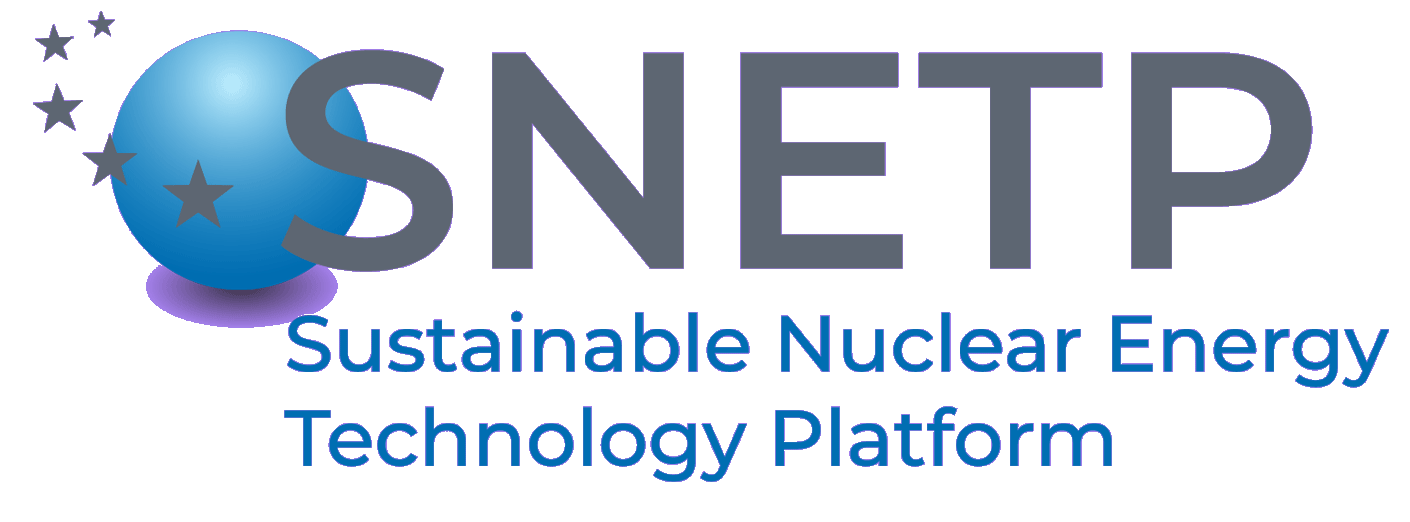The event venue: European Commission – Albert Borschette Conference Center – room CCAB 1C – Rue Froissart 36, Brussels
Rational and key objectives
The European Industrial Alliance on Small Modular Reactors (SMRs) has been established to facilitate and accelerate the development, demonstration, and deployment of SMRs in Europe by the early 2030s. The development of a strong market demand for SMRs by the EU industry for the provision of stable and affordable electricity and heat is a key pre-condition for their successful deployment in the future.
The aim of the Technical Working Group (TWG) 1 on Industrial Applications, established under the Alliance, is to shade light about the role SMRs can play to foster the competitiveness of different energy intensive sectors such as energy-intensive industries, data centres, maritime industries etc. by providing low-carbon stable and affordable energy (electricity and heat). Among them, Energy Intensive Industries (EIIs), such as steelmakers, chemical industries, refineries, cement industries, as well as ceramics and pulp & paper industries, are expected to take concrete actions to progressively decarbonise their production by using net-zero energy. SMRs will be able to provide both net-zero electricity and heat and EIIs can create a strong market demand for them in the future.
To better analyse the specific needs of EIIs for electricity and heat, a drafting team, composed of members of the Alliance that are experts in this area and have worked over the last months to estimate the specific needs of several EIIs sectors for both electricity and various levels of heat based on recent reports. Furthermore, some first corporate companies, have already signed MoUs with SMR developers to identify the potential of this technology.
The objective of the workshop is to present the outcomes of the Drafting Team report on “SMRs and Energy Intensive Industries” and discuss with representatives from the energy-intensive sector and SMR developers, and to discuss how EIIs can work more closely with SMR projects to better analyse the potential challenges and identify solutions. This will help the uptake of SMRs by several EIIs in the future and therefore create a strong market demand for SMRs in the coming years.
Copyright © 2017 - Forum Atomique Européen - Avenue des Arts 56 - 1000 Bruxelles - Tel: +32 2 502 45 95 - VAT: BE0862.233.493
Terms and conditions | Privacy



